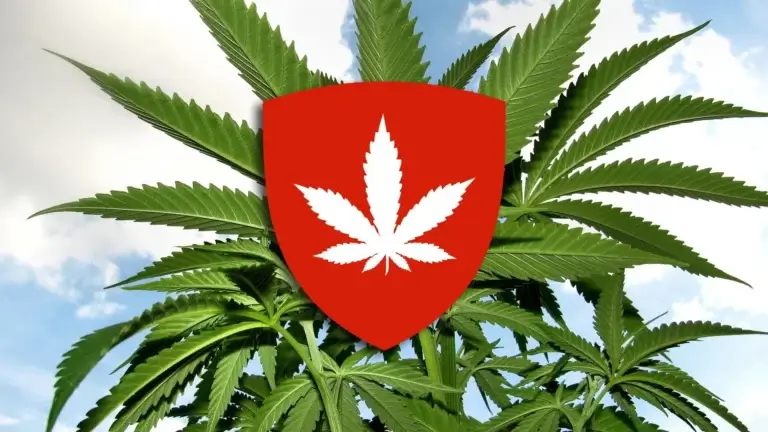The relationship between Nigeria and cannabis, locally known as ‘Indian Hemp,’ ‘Igbo,’ or ‘wee-wee,’ unfolds like a complex saga, blending history, societal norms, legislative struggles, and the promise of change. This narrative, rich with cultural significance and marred by strict legal enforcement, offers a fascinating perspective on the intricate role cannabis has played in the African nation’s journey.
Historical Imprints: Cannabis in the Cultural Landscape
Historically, Nigeria has had a longstanding relationship with cannabis. The plant, introduced into Nigeria in the early 20th century, found quick adoption among the local populace due to its hardiness and adaptability to the tropical climate. It was used for its strong fibers, incorporated into local rituals, and even served medicinal purposes in traditional healthcare practices. These historical imprints highlight the early acceptance of cannabis in the cultural tapestry of Nigeria.
The Winds of Change: Impact of Colonial and National Legislations
The British colonial era introduced the first prohibitive measures against cannabis, mirroring the international attitudes towards the plant. Following independence in 1960, Nigeria continued on this path, implementing strict laws under the influence of global anti-drug policies.
The Dangerous Drugs Act of 1935, inherited from the colonial era, was replaced by the Indian Hemp Act of 1966, post-independence. This Act was later absorbed into the broader National Drug Law Enforcement Agency (NDLEA) Act of 1989. These legislations have criminalized the cultivation, possession, and use of cannabis, enforcing harsh penalties that range from imprisonment to capital punishment in extreme cases.
The Ground Reality: Challenges with Illicit Cannabis Trade and Use
Despite the punitive laws, cannabis cultivation thrives in Nigeria, particularly in the states of Ondo and Edo. Nigeria has been flagged as one of the highest illicit cannabis producing nations in the world, pointing to a significant gap between legislative intent and reality on the ground.
The illicit trade continues to pose formidable challenges to law enforcement agencies and policymakers, illuminating the complexities involved in managing the cannabis situation in Nigeria.
Sparking a New Discourse: Medicinal Cannabis and Emerging Conversations
The global shift towards recognizing the potential medicinal benefits of cannabis has sparked a fresh discourse in Nigeria. Advocacy groups, healthcare professionals, and even some policymakers are pushing for a reevaluation of Nigeria’s stringent anti-cannabis laws.
Scientific research into the potential of cannabis in managing chronic pain, epilepsy, and multiple sclerosis has provided additional fuel to these discussions. These ongoing conversations could potentially mark the beginnings of a significant paradigm shift in Nigeria’s cannabis narrative.
Public Sentiments and the Prospects of Cannabis Reforms
The public sentiment towards cannabis is a medley of views. While a substantial segment aligns with the government’s stance, viewing cannabis as a harmful substance, there is a growing cognizance of its potential therapeutic benefits, particularly among the younger, urbanized population.
The discourse on cannabis reform in Nigeria is still in its infancy. However, the wave of cannabis decriminalization and legalization sweeping across various parts of the globe is certainly influencing the Nigerian dialogue.
The Unfinished Tale of Cannabis in Nigeria
The tale of cannabis in Nigeria – from historical acceptance and stringent prohibition to a nascent discourse on medical cannabis – underscores the nation’s complex relationship with the plant. Nigeria now stands at a critical juncture in its cannabis narrative, with the shifting global perspective compelling a reevaluation of its standing in the country.
This ongoing dialogue is integral to Nigeria’s evolving socio-political landscape. The trajectory that Nigeria takes in this unfolding story will undoubtedly have significant implications on the broader global discourse on cannabis legality and use.







